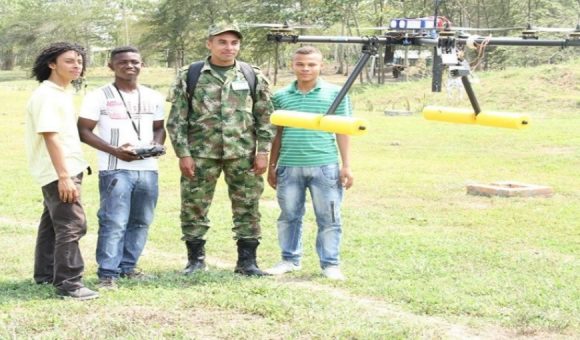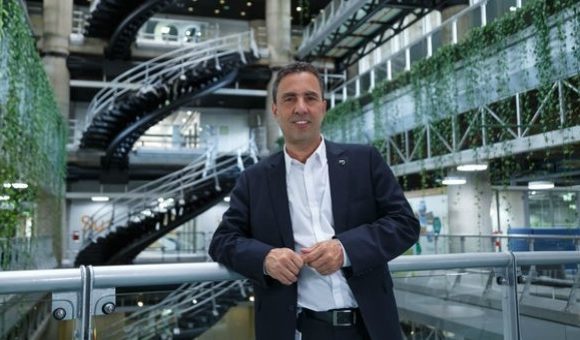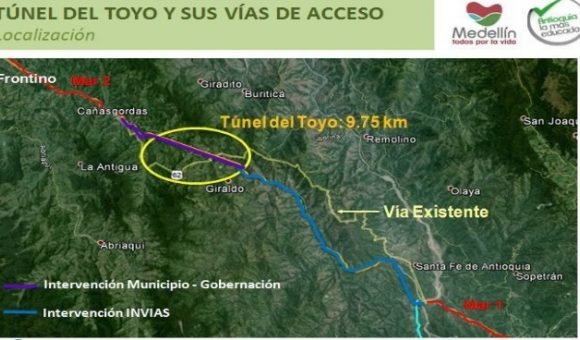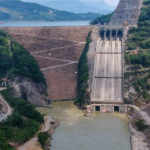Colombia President: Some Coronavirus Restrictions to Continue Past April 13; Emergency Funding Scheme Debuts
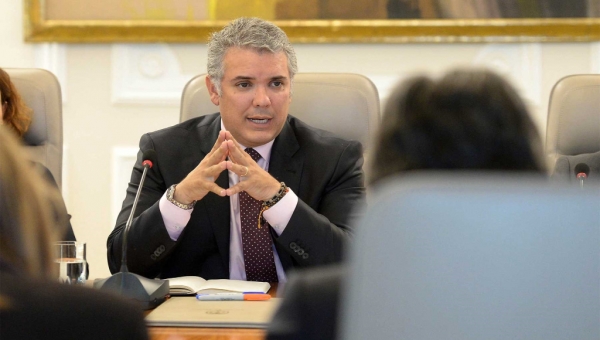
Colombia President Ivan Duque announced March 25 that certain measures designed to contain the spread of Coronovirus will continue past the presumptive expiration of the national quarantine on April 13.
The announcement came on the heels of a March 25 bulletin from the Ministry of Health indicating that confirmed Coronavirus cases rose to 470 nationally, led by Bogota (170), Cali/Valle del Cauca (71) and Medellin/Antioquia (59). So far, eight persons have recovered from the disease.
According to the Ministry, four persons have died to date from complications related to Coronavirus, including a taxi driver in Cartagena who had mingled with infected Italian tourists; a 70-year-old woman in Cali exposed to the virus by a daughter who returned from a trip to Cuba; an 88-year-old man in Santa Marta who frequently interacted with tourists; and a 76-year-old man in Bogotá.
Meanwhile, between now and April 13, “we will evaluate the behavior of the pandemic curve and then make decisions on the measures and restrictions adopted,” President Duque said.
Government and private-sector management of the Coronavirus pandemic “does not end with quarantine,” he added.
“In that I want to be clear, so that we have managed expectations. It’s not that on April 13 we will all be able to go outside, go to a concert, then go to a bar to celebrate. No. The controls will continue.
“On April 20, we will define whether children and young people can return to universities and schools, or whether they should remain in virtual [online] classes.”
As for social-distancing measures, Duque stated that “we will have to deepen them and strengthen hygiene measures.” Special isolation of people over 70 years of age, “which is the sector most vulnerable to attacks by this virus,” will continue until at least May 30.
Worker Protections
Meanwhile, on another front, President Duque stated that “the national government is not planning to support or promote mass layoffs, but rather protect the employment and well-being of workers.”
For the short term, “the government is working on a decree that would allow partial withdrawal of social-security savings, equivalent to a minimum wage, to help workers who face difficulties in specific cases,” he said.
However, some new, massive, long-term government unemployment insurance program – similar to systems in North America, Europe and Japan — likely isn’t in the cards, he added.
“We know that we do not have the deep pockets that other economies have, but here we have all the will, all the creativity and all the patriotism so that, together, we will build a solution that allows us to go through this storm with the least possible social trauma,” he said.
“For example, for employees who will eventually be on [mandatory] vacation or even some who have had unpaid leave, what we expect today is to have a decree where a partial withdrawal of severance pay can be made, equivalent to the last salary, to be able to also overcome this difficulty,” he said.
New, US $1.47 Billion Emergency Fund Under ‘Decree 444’
On another front, Duque explained how a new, COP$6 trillion (US$1.47 billion) “Emergency Mitigation Fund” (FOME in Spanish initials) via “Decree 444” will ensure continuing transfers from the national treasury to Colombia’s 32 departmental governments.
The FOME “does not authorize money for banks, but instead will meet the needs of 20 million Colombians in this emergency,” Duque stated.
The emergency funds will come from current Colombian government holdings in U.S. Treasury Bonds, which are already held in various banks.
“That money is [already] in banks and precisely what we want is that those resources, with projected [cash] flows to 2040, we can use for this social contingency,” Duque said.
Tapping these bonds rather than other government holdings is “precisely so as not to affect the strategic projects that are being carried out, precisely so that important projects that we have with territorial entities do not stop: the Metro de Bogotá, the ‘Regiotram,’ the Avenida 80 streetcar in Medellín; [highway] projects like Mar 1 and Mar 2 [in Antioquia], projects that are transcendental in the country, are not affected and can continue their course,” he added.
Meanwhile, departmental governments “have the right to tap savings from the Fonpet” — that is, the National Pension Fund of the Territorial Entities, he added.
The National Federation of Departmental Governments and most departmental governors in Colombia “understood our idea, which is not to take away any resources from territorial entities,” Duque said.
Beyond tapping U.S. Treasury Bonds, Decree 444 also includes “additional measures such as the flexibility of royalty resources, budgets and the use of other collections to meet contingencies and public health measures in each of the regions,” Colombia’s Treasury Ministry added.
“The FOME will, as a loan, employ resources that have been saved in the Savings and Stabilization Fund (FAE) for times like this, as well as the resources of the National Pension Fund of Territorial Entities (FONPET) that will not be required until 2040,” according to Treasury.
“Resources will be prioritized to meet the needs of the health sector, through the existing institutional framework, providing them with additional resources of more than COP$6 trillion (US$1.47 billion).
“One of the first expenses [from the fund] will be for buying additional tests to guarantee that the population has access to diagnostic tests, and also an important flow of resources so that our hospitals can increase their installed capacity, especially in intensive and intermediate-care units. Similarly, resources will be used to give additional help to doctors.
“Resources from the General System of Royalties — to which the territorial entities are entitled at the time that monies are required — are not committed [permanently]. These resources will be repaid, effective 2023.
“In the case of FONPET, these resources will be repaid in the next 10 years, which guarantees that the territorial entities can continue to comply with the payment of their pension obligations,” the Treasury Ministry concluded.

